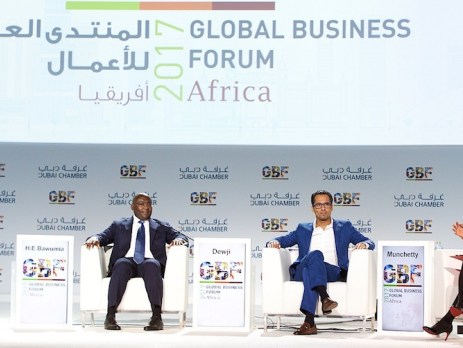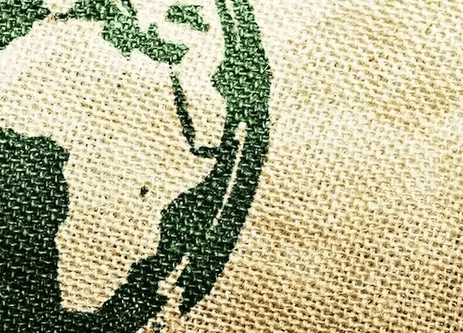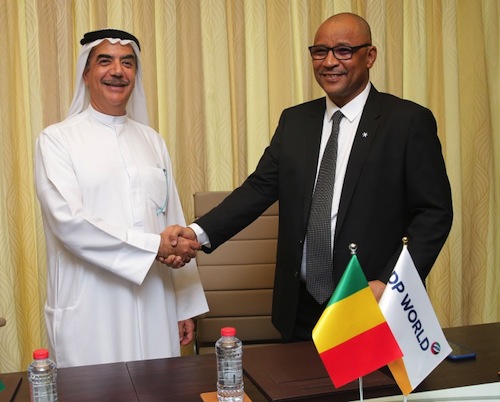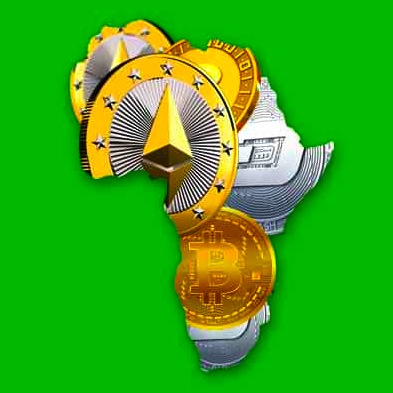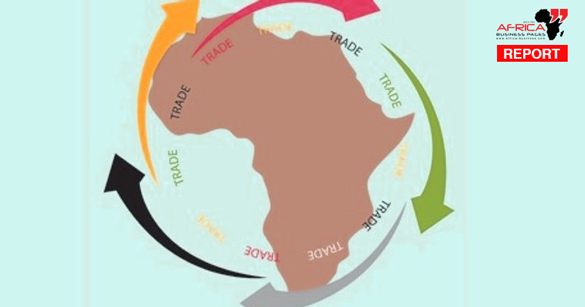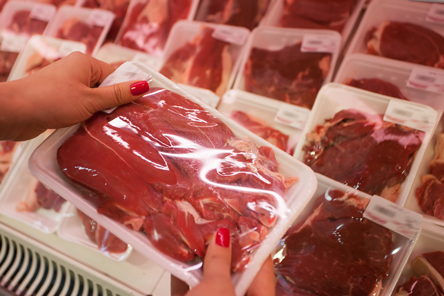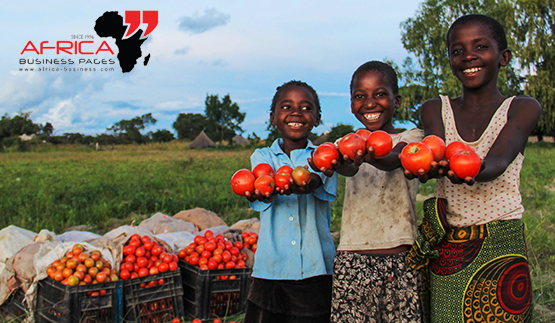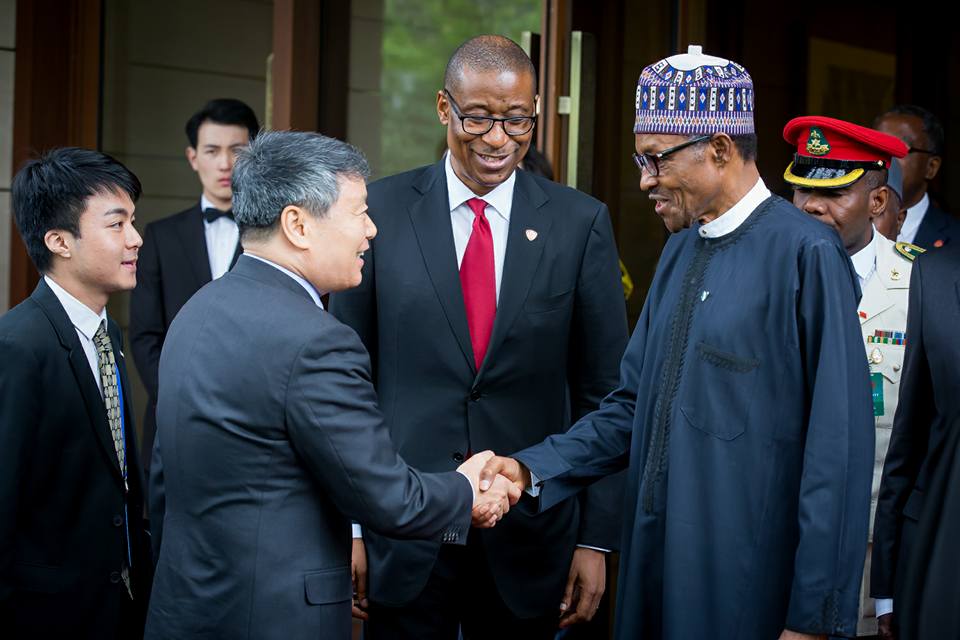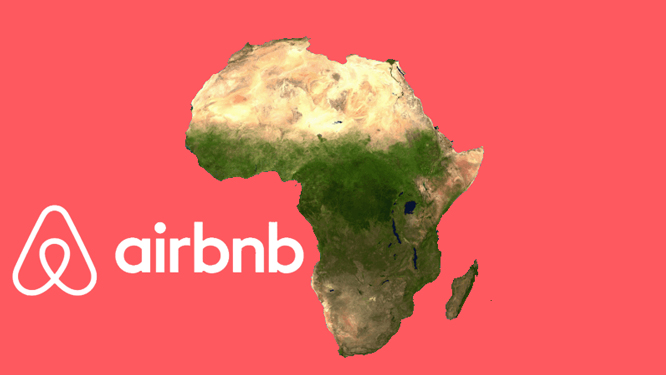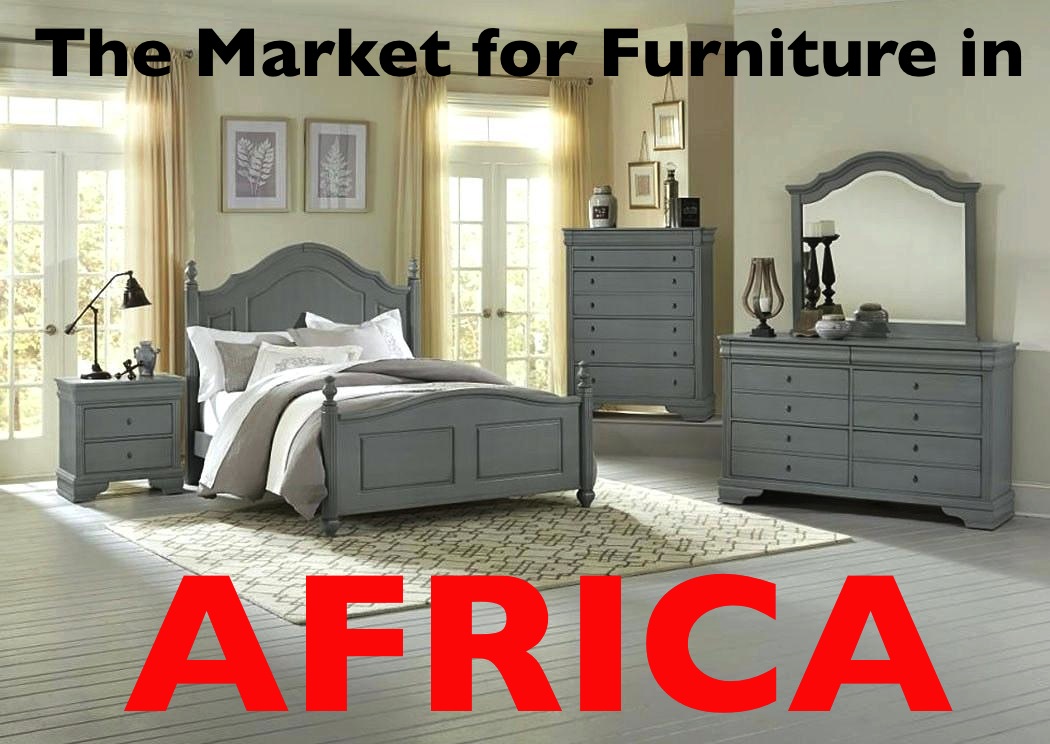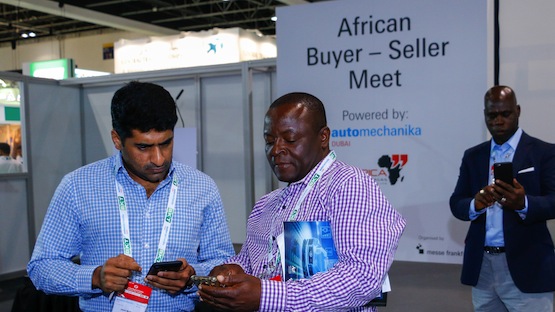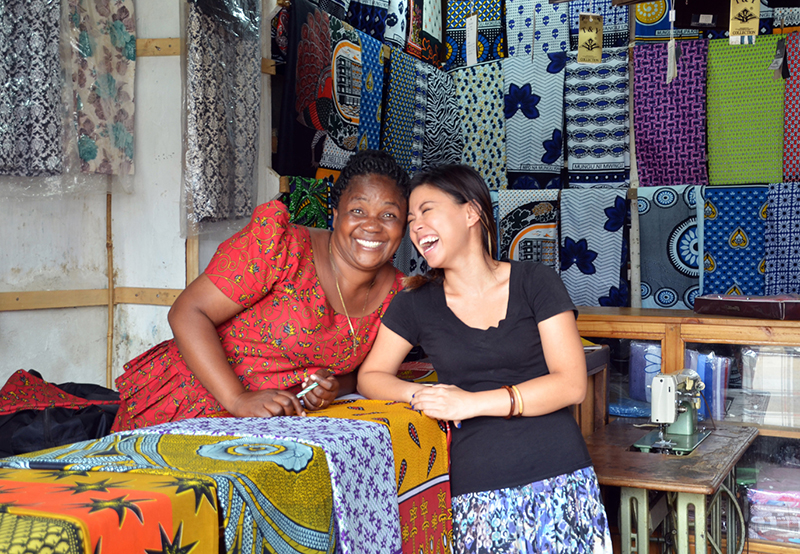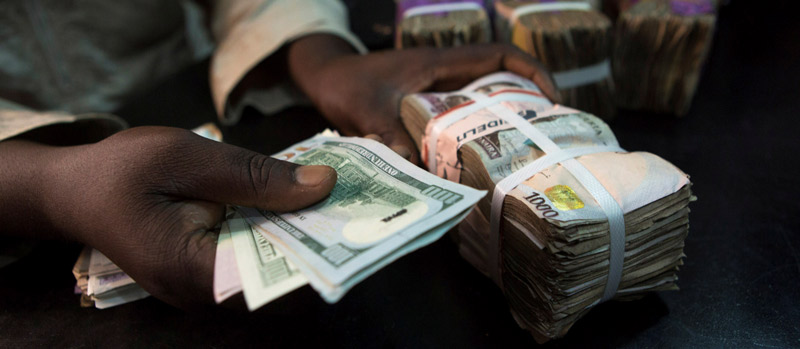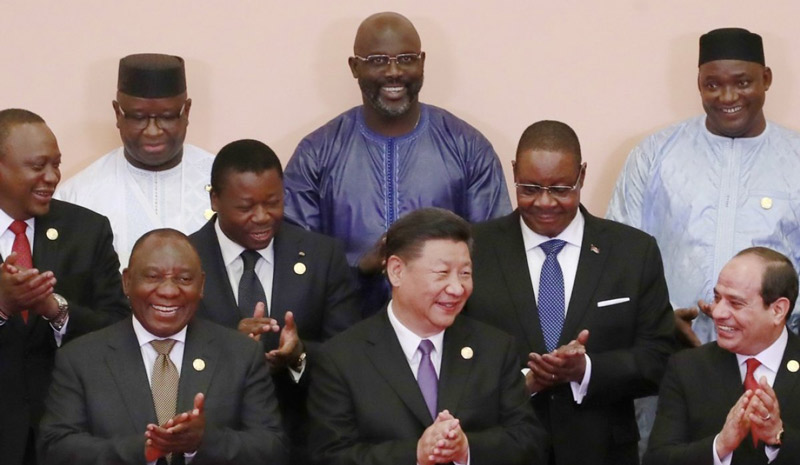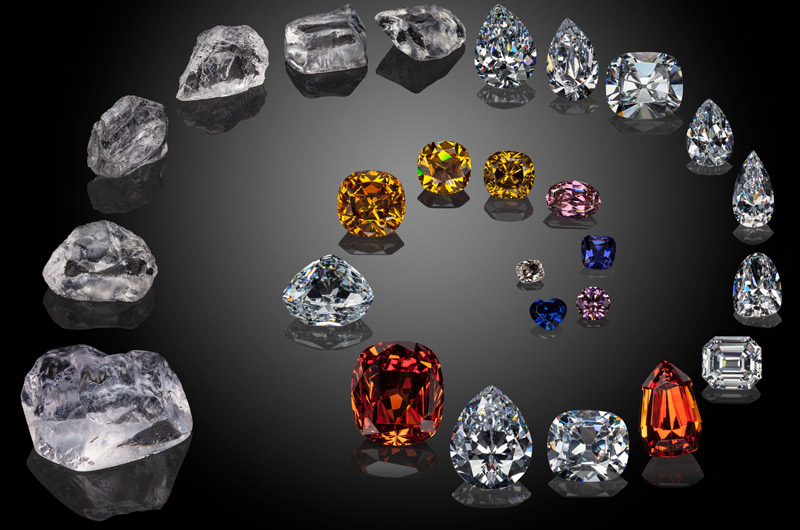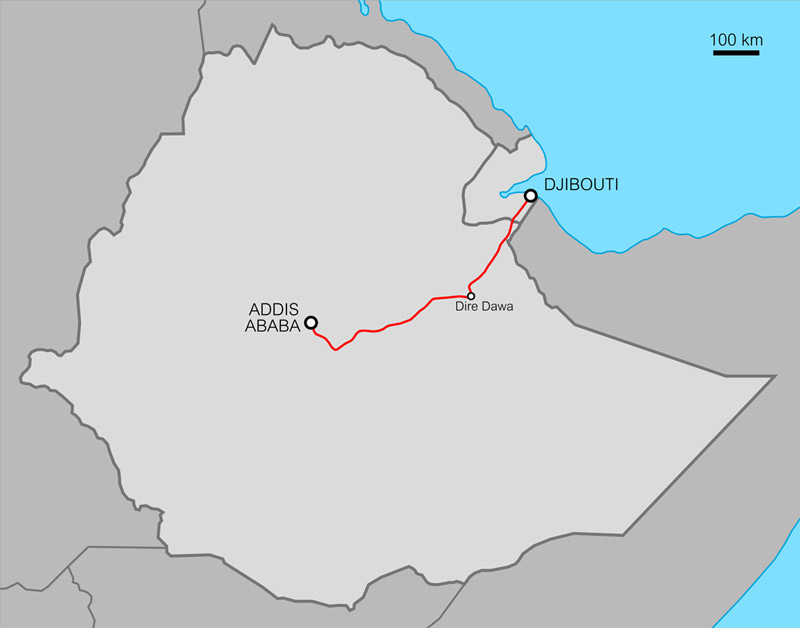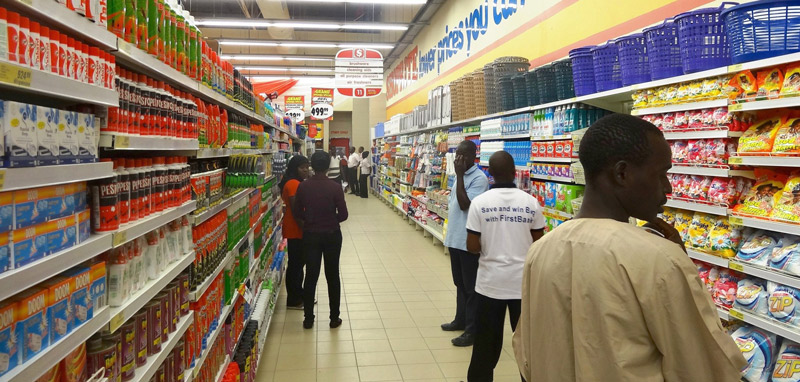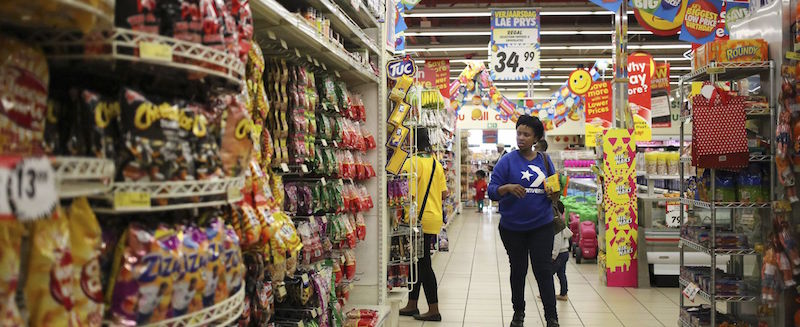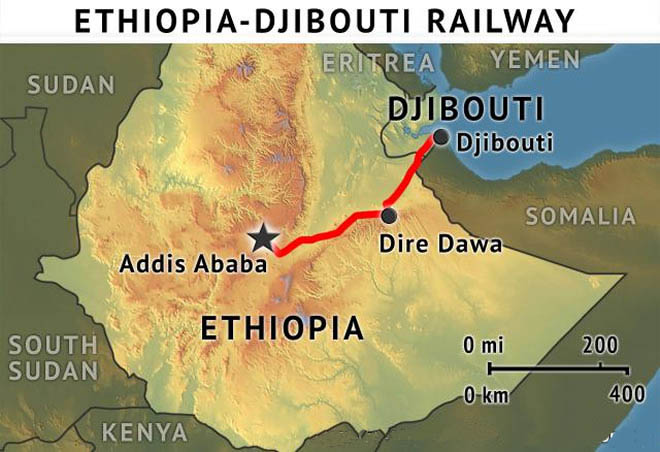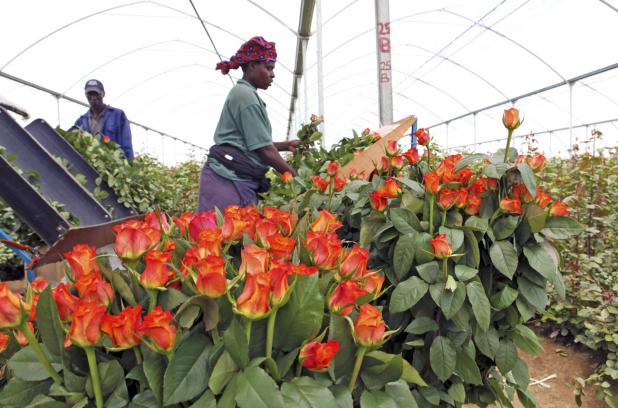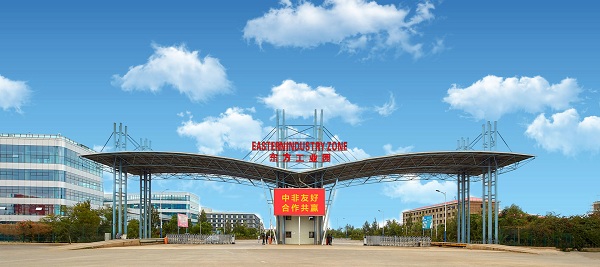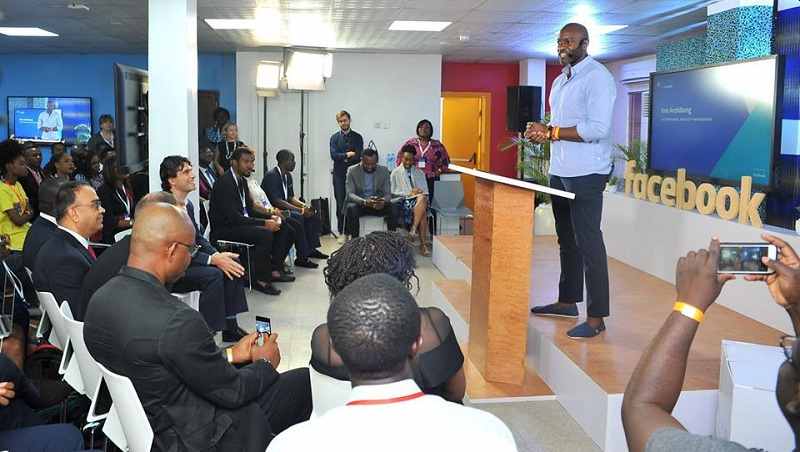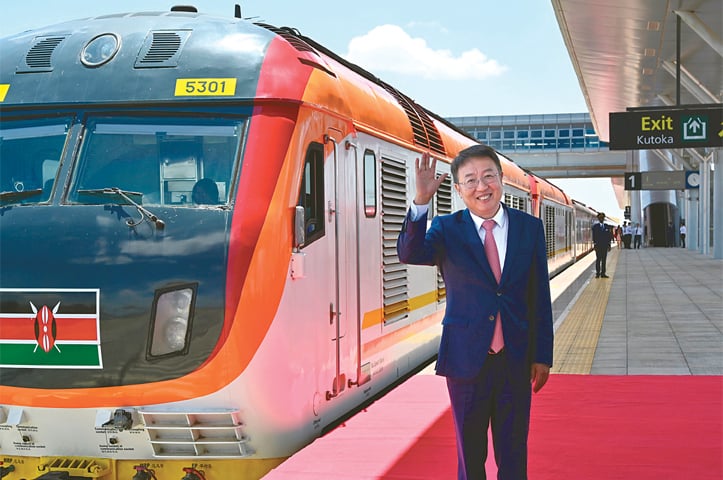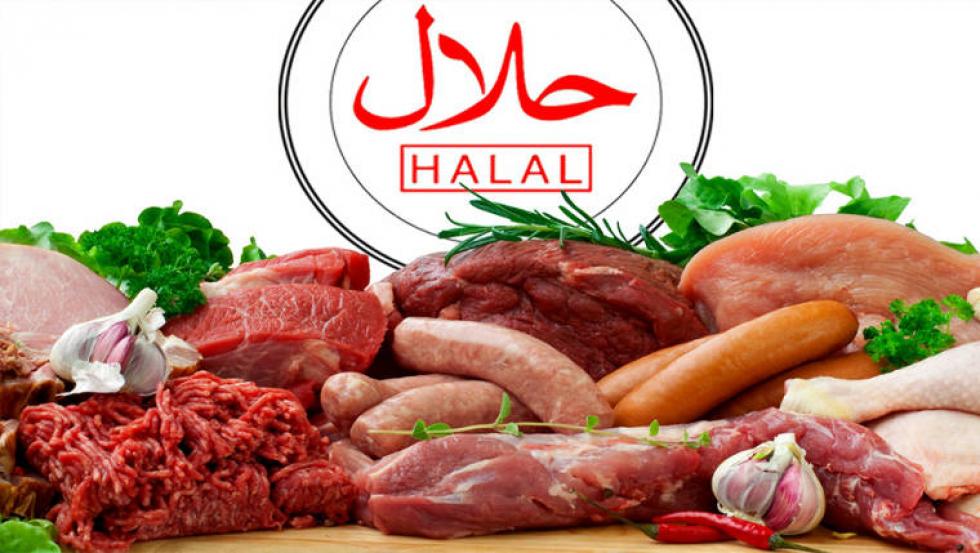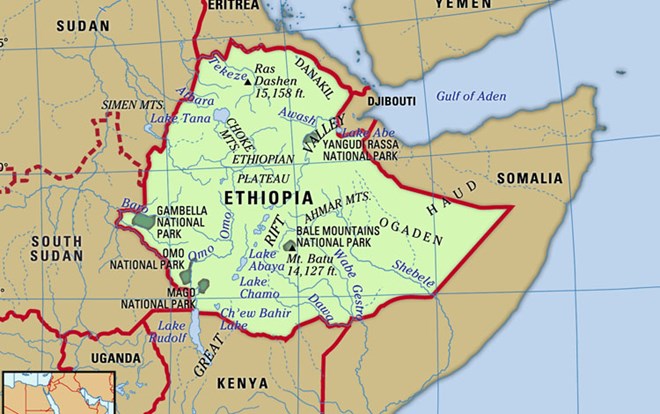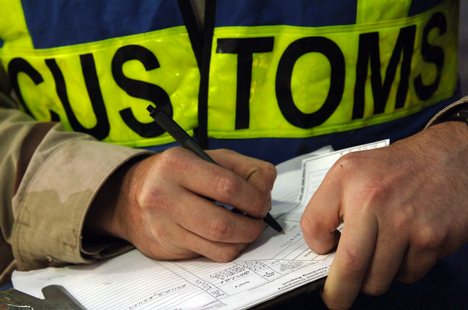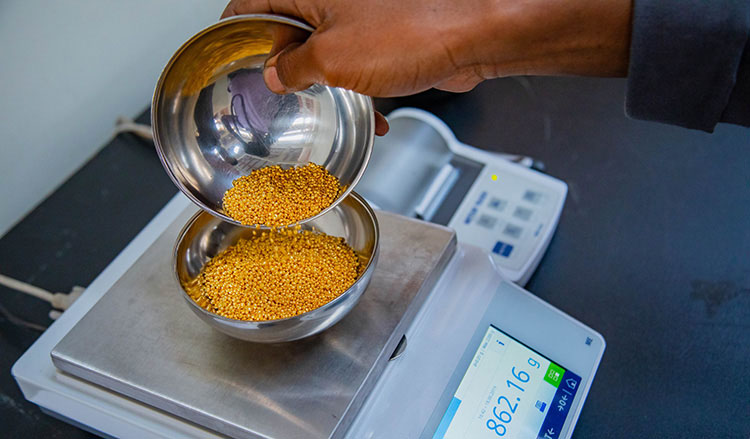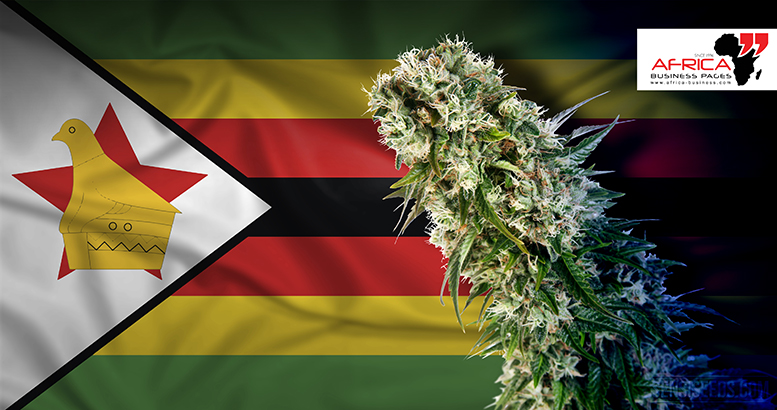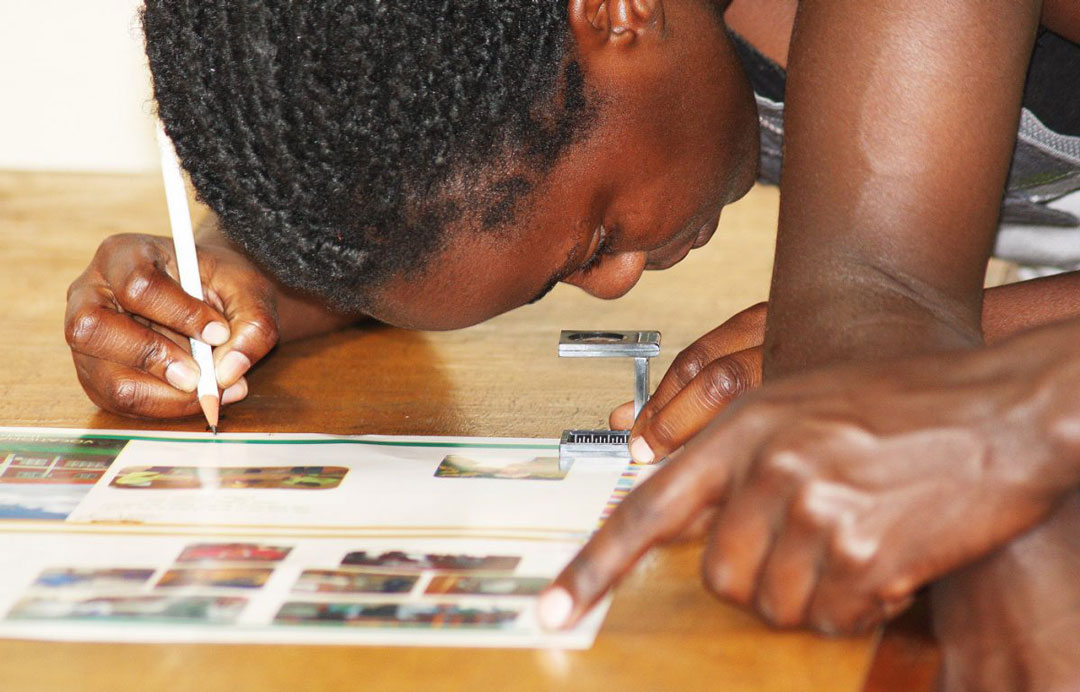Why China Dominates the African Markets
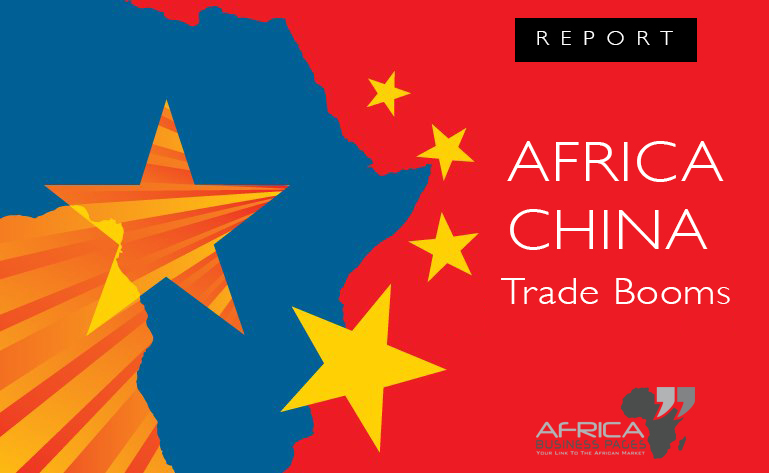
Chinese goods have been gaining increasing popularity in the African markets and Chinese companies are exporting in huge quantities of a wide variety of products directly into many African countries. In the last few years, China's trade with Africa has been growing with leaps and bounds, as has Chinese investments into several African nations.
In 2018, China-Africa trade reached US$204.2 billion, up 20 percent year-on-year, and China has emerged as Africa's largest trading partner for 10 straight years.
Price-sensitive markets in Africa are hungry for cheaper-priced Chinese goods. Wholesalers, traders and merchants in Africa have also been quick to meet the rising demand for Chinsese goods in Africa and are now sourcing a large portion of their requirements from China.
Africans Buying from China
By cutting out the middlemen and buying directly from Chinsese manufactures has also helped them increase profit margins. This trend of buying from China and selling locally and regionally is being repeated in almost all African countries and the result is clearly visible in almost all African markets that are now flooded with low-priced Chinese goods – whether it is tyres, automobile parts, stationery, perfumes, cosmetics, computer hardware, furniture or machinery, China has dominated the African markets in the last decade.
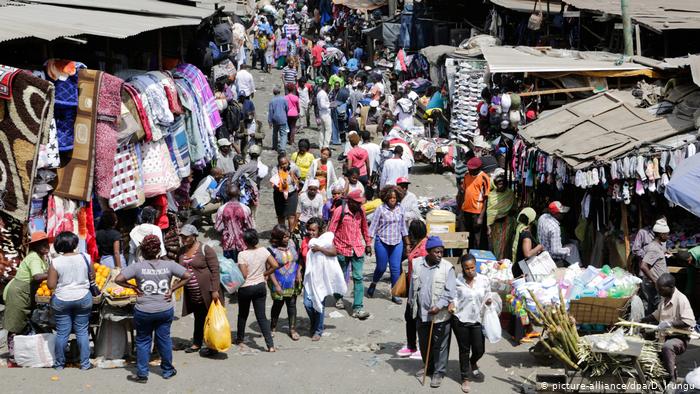 The main products China exports to Africa are machinery and electronics, textile and apparel, hi-tech products and finished goods, while imports from Africa concentrate on crude oil, iron ore, cotton, diamond and other natural resources and primary goods.
The main products China exports to Africa are machinery and electronics, textile and apparel, hi-tech products and finished goods, while imports from Africa concentrate on crude oil, iron ore, cotton, diamond and other natural resources and primary goods.
To help the countries in Africa expand exports, China has exempted import tariffs for certain commodities of these countries. China has announced the names of over 25 African countries that enjoy zero tariff treatment and special preferential tariff rate for exports of some 190 products to China, ranging from food, mineral product and textile, to machinery and electronics. In fact, Africa’s resource-rich nations are getting even more reliant on China for their exports. China imports from China include crude petroleum from Angola and South Sudan, zinc and copper ore from Eritrea, cobalt from DR Congo, raw tobacco from Zimbabwe, besides iron and titanium from Sierra Leone.
China in Africa
China has committed to set up a $10-billion special fund for development financing, showcasing a possible change from a resources-for-infrastructure model of financial engagement.
These statistics clearly show the increased trading activity between Africa and China. Chinese companies, known for their marketing and business skills, have been reaping rich dividends by promoting their products and services in the new and emerging markets of Africa.
China-US Rivalry in Africa
The battle for political and economic influence between the U.S. and China is playing out across Africa, and Beijing’s growing presence is troubling Western policymakers, experts say.
Africa has become the fastest urbanizing region on the planet, and China has placed itself at the infrastructural vanguard of the new frontier.
Chinese firms have been most active in building ports, roads and railways that will underpin integration and trade between African nations — an intention most recently exemplified across the continent in the landmark African Continental Free Trade Agreement (AfCFTA). The AfCFTA recently launched its operational phase, and eventually intends to bring together all 55 African Union member states into the world’s largest free trade area, spanning 1.2 billion people.
U.S.-Africa trade has dipped in recent years, while China is now Africa’s biggest trade partner. Between 2002 and 2008, following the signing of the African Growth and Opportunity Act (AGOA), which provided tariff-free access to 6,500 products for qualifying sub-Saharan countries, trade between the U.S. and Africa grew to $100 billion.
China recently launched a $1 billion Belt and Road infrastructure fund for Africa, and last year delivered a whopping $60 billion African aid package, further consolidating its robust economic influence.




